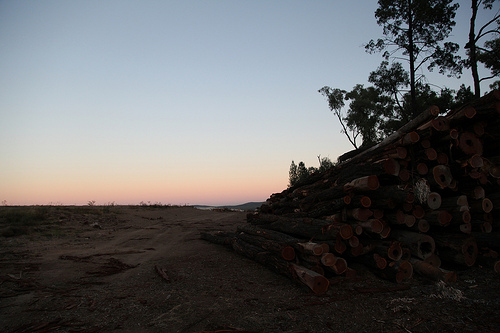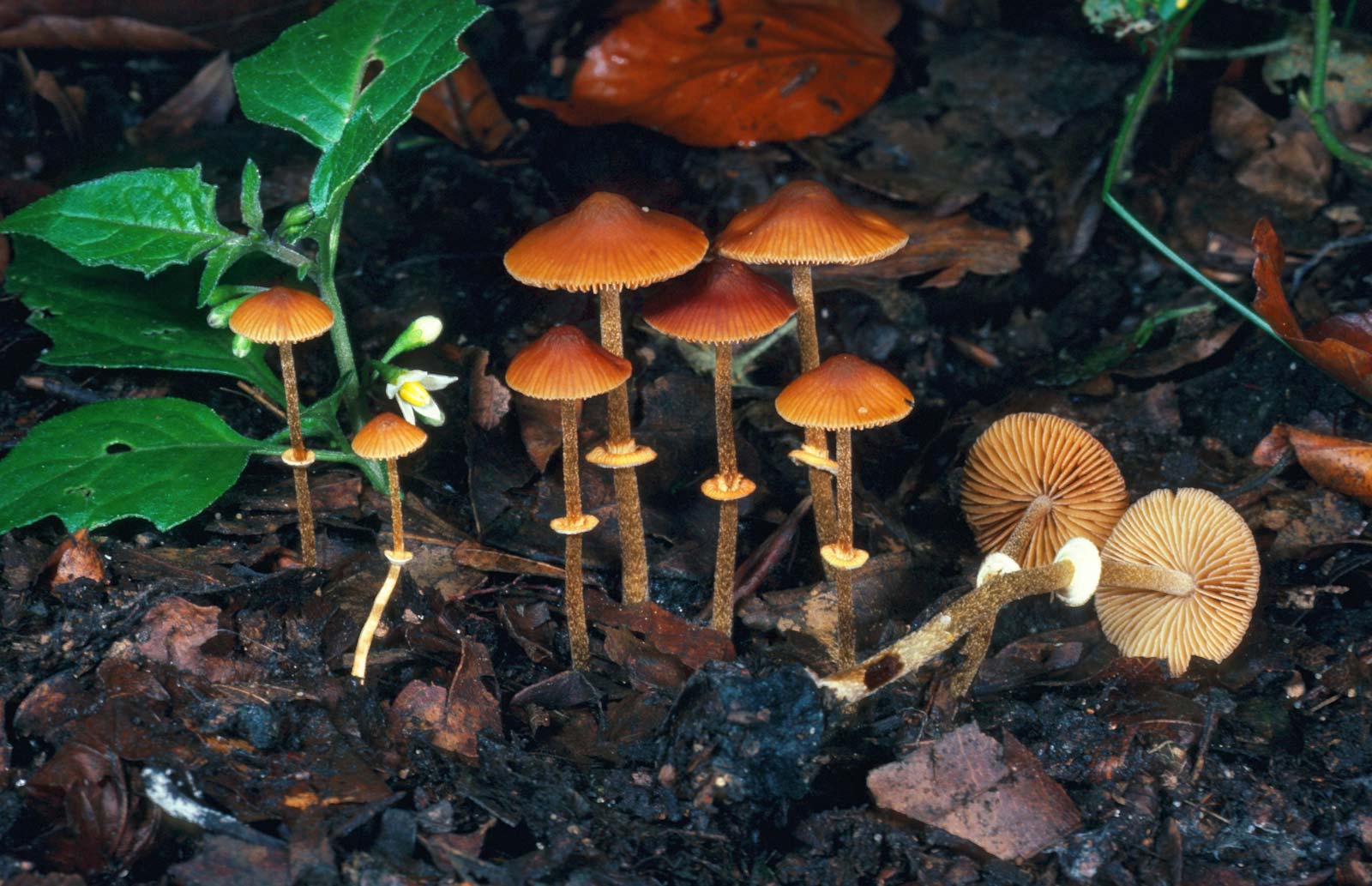CONCERN: In times when concerns about environmental changes comprise a major portion of most governments’ policy making mechanism, it comes as a shocking revelation that we continue to fight a losing battle against the effects of human impact on nature. In a report recently released by the Ministry of Statistics and Program Implementation, it was found that the state of Maharashtra alone lost 2,116 sq. km of forest area, which is equivalent to three Tadoba forest reserves, during the span of just two decades between 1987 and 2011.
The report, which tracked climate change in India, mentions that the state did recover 5,030 sq. km of forest cover during the same period. However, technically speaking, forest cover doesn’t equate to forest area. Forest cover is generally mapped by satellite imaging, and it includes areas like rubber and teak plantations that do not contribute to the ecology in the same way as natural forest do.
Shifting Ecological Balance
The report also warned the government and policy makers that loss of valuable forest area would lead to an imbalance in the ecology of the state and result in greater climate change. Additionally, a loss of this magnitude would reduce carbon stock in the biosphere, and also lead to higher levels of artificially produced carbon dioxide in the atmosphere.
D. Stalin of Vanashakti, a voluntary organization engaged in conservation activities in the state, said that much of the forest loss in the state is due to sustained conversion of forest areas into agricultural land for farming activities like sugarcane plantation. Stalin also added that denuding natural green reserves would also contribute to global warming.
He regretted that developers had taken over environmental issues, and also said that if we continue in the current trend then forest loss could seriously compromise the state’s water security. As such Maharashtra has the highest number of polluted rivers in the country – 28 to be specific. With such a vast area of forest land being converted for agriculture, the capacity of the ground to absorb and store water gets further depleted.
Voicing his concern about the vanishing forest cover, environmentalist Debi Goenka said, “Forests are the most efficient converters of carbon dioxide into oxygen. It is time we start acknowledging that they are not a luxury but a necessity.”
Citing the apathy shown in the planning of the Navi Mumbai airport to corroborate his point, Goenka added that the loss of forest area only reiterates that there is no political will to protect forests or wildlife.
The Forest Conservation Act of 1980 clearly imposes strict restrictions on de-reservation of forest areas. In fact, under the National Afforestation Program, the central government provides funding to states for regeneration of forest area. Nevertheless, many states continue to indiscriminately takeover forest land for development activities, be it construction of roads, airports, or even power plants.
“The government must revise its forest compensatory policy,” said Stalin. He stressed that we should also regenerate forests in addition to compensating forest loss with plantations.
N. Vasudevan, Chief Forest Conservator, added that national policy specifies that we need one-third of the total geographic area to be forest land.
“Forests currently make up about 17% of total area in the country, but we need to take this figure up to 33%,” said Vasudevan. “The solution may not necessarily be declaring more land as forest areas, but to encourage citizens to plant trees and take up measures such as greening of wastelands,” he added.
At present the state’s forest cover is estimated to be 20 percent of its area and this is largely thanks to the Western Ghats, a natural world heritage site spanning the entire western boundary of India. If the state shows a declining trend in forest cover, it might reflect on the health of this world heritage site too, affecting many species endemic to the region.
More Related Stories,
Indian Forests Vanishing at 135 hectares per Day
Citizen Volunteers to Patrol Tiger Reserves Soon
Finding Rare Species may Soon be a Fly’s Job
Man Finds Deer in his Bathroom
Kaas Plateau – Wild Flower Fantasy
Image via cc/Flickr by Mark Hillary, Kate Ausburn






